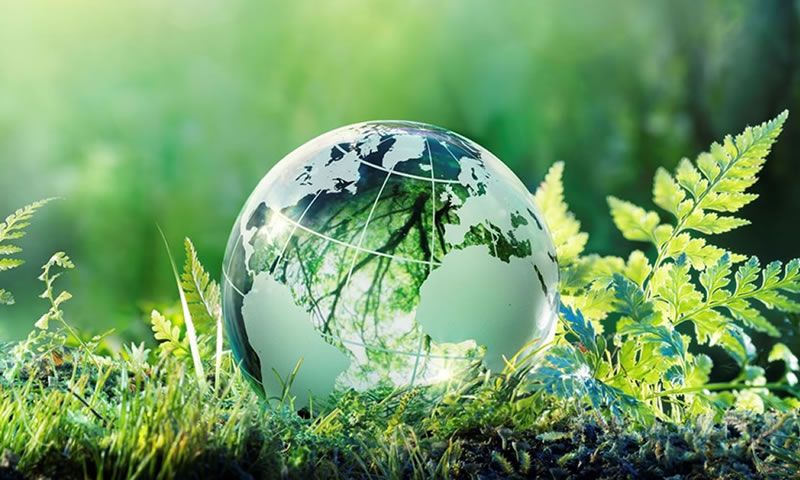
As environmental awareness grows globally, the textile industry is undergoing a profound transformation. Sustainability is no longer a marketing buzzword — it’s a business necessity. From eco-friendly materials to responsible production processes, companies like Cag Textile are leading the shift toward a more ethical and sustainable future.
1. The Rise of Eco-Friendly Fabrics
Consumers and brands alike are now seeking organic cotton, bamboo fiber, recycled polyester, and other low-impact textiles. These materials reduce the environmental footprint of fashion and textile production by lowering water usage, pesticide reliance, and carbon emissions.
At Cag Textile, we offer a growing range of sustainable fabric options to meet these demands without compromising on quality or durability.
2. Water-Saving and Chemical-Free Dyeing Methods
Traditional dyeing processes are water-intensive and often involve harsh chemicals. Today, waterless dyeing technologies, natural dyes, and closed-loop systems are helping to minimize environmental damage.
Our dyeing processes are carefully designed to reduce water consumption and eliminate harmful chemicals — protecting both the planet and human health.
3. Zero-Waste Manufacturing and Smart Cutting
Innovative cutting technologies and pattern optimization software allow manufacturers to reduce fabric waste dramatically. Zero-waste design principles are gaining momentum, especially among brands that aim to minimize landfill impact.
At Cag Textile, we continuously refine our production systems to eliminate unnecessary waste and reuse materials wherever possible.
4. Certifications and Transparent Supply Chains
Modern consumers care about where and how their products are made. Certifications like GOTS, OEKO-TEX®, and BCI build trust by ensuring that textiles are produced under ethical and environmentally sound conditions.
Transparency is a core value for Cag Textile. We collaborate with certified suppliers and maintain a traceable supply chain from fiber to final product.
5. Circular Economy and the Future of Sustainable Fashion
The next frontier in sustainable textiles is the circular economy — designing products with their end-of-life in mind, encouraging recycling, and turning waste into new raw materials.
We believe the future of textiles is circular. Cag Textile is actively researching recyclable fabric technologies and exploring partnerships that promote closed-loop production models.
Conclusion: Sustainability Is Not Optional — It’s the Way Forward
In a world facing climate change and resource scarcity, sustainable textiles are key to a responsible and profitable future. At Cag Textile, we’re not just adapting to this new reality — we’re helping to shape it.

